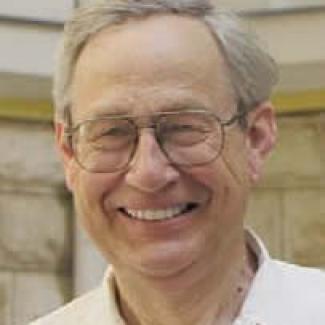The TechCons
Chris Hoofnagle
Congames are as old as human society. The advent of the internet did not alter congames’ narratives, but the internet did alter congames operational environment, making congames much more powerful. To understand how, I revisit a consumer protection framework developed by Yale Law Professor Arthur Leff in 1976. Leff showed how market structure is a powerful factor for distinguishing illegal congames — what he called “swindling” — from legal “selling,” which often does involve some deception.
I will then apply Leff’s framework to explain three different internet phenomena:
- First, how the internet empowered con artists.
- Second, how cryptocurrencies share fundamental traits with Ponzi schemes.
- And finally, that online behavioral advertising requires a monopoly market structure to deliver on its promises.
This seminar will be held both online & in person. You are welcome to join us either in South Hall or via Zoom.
For online participants
Online participants must have a Zoom account and be logged in. Sign up for your free account here. If this is your first time using Zoom, please allow a few extra minutes to download and install the browser plugin or mobile app.
Chris Jay Hoofnagle is professor of law in residence at the University of California, Berkeley, a professor of practice in the School of Information, and affiliated faculty with the Simons Institute for the Theory of Computing. He is an elected member of the American Law Institute, and author of Federal Trade Commission Privacy Law and Policy (Cambridge University Press 2016). Hoofnagle is of counsel to Gunderson Dettmer Stough Villeneuve Franklin & Hachigian, LLP, and serves on boards for Constella Intelligence and Palantir Technologies.











